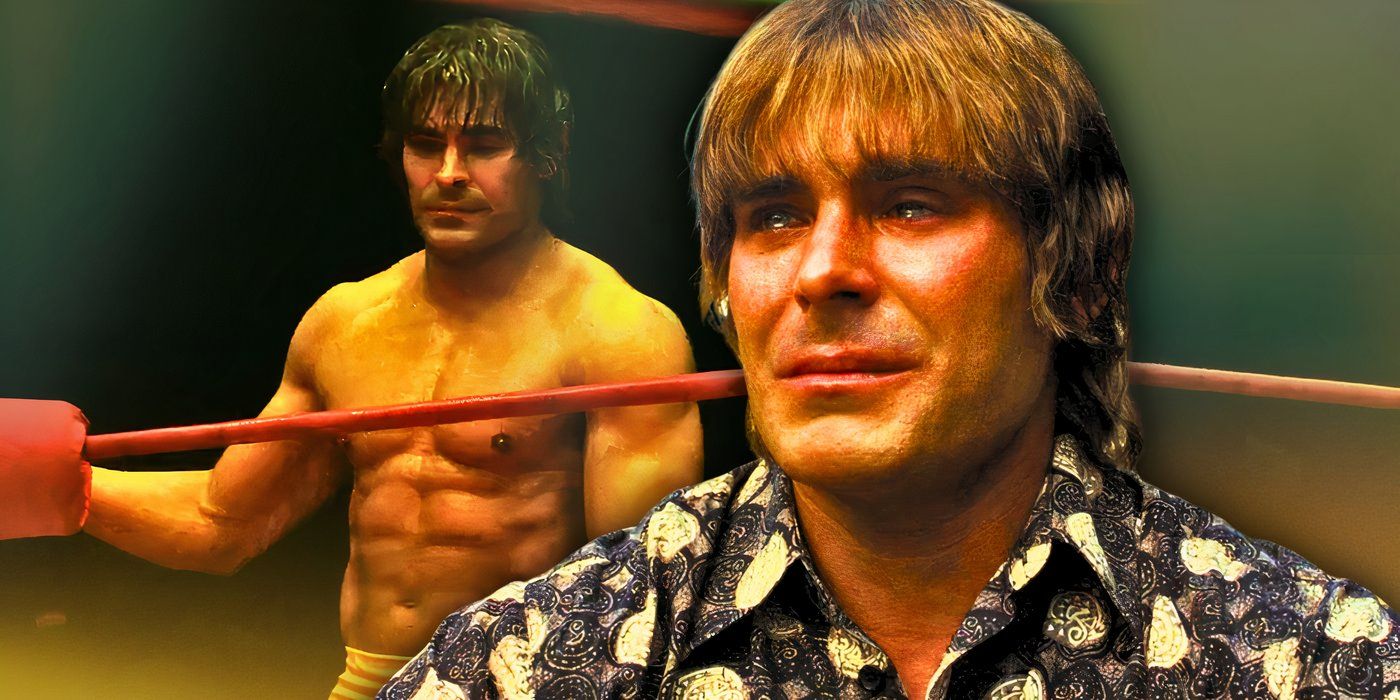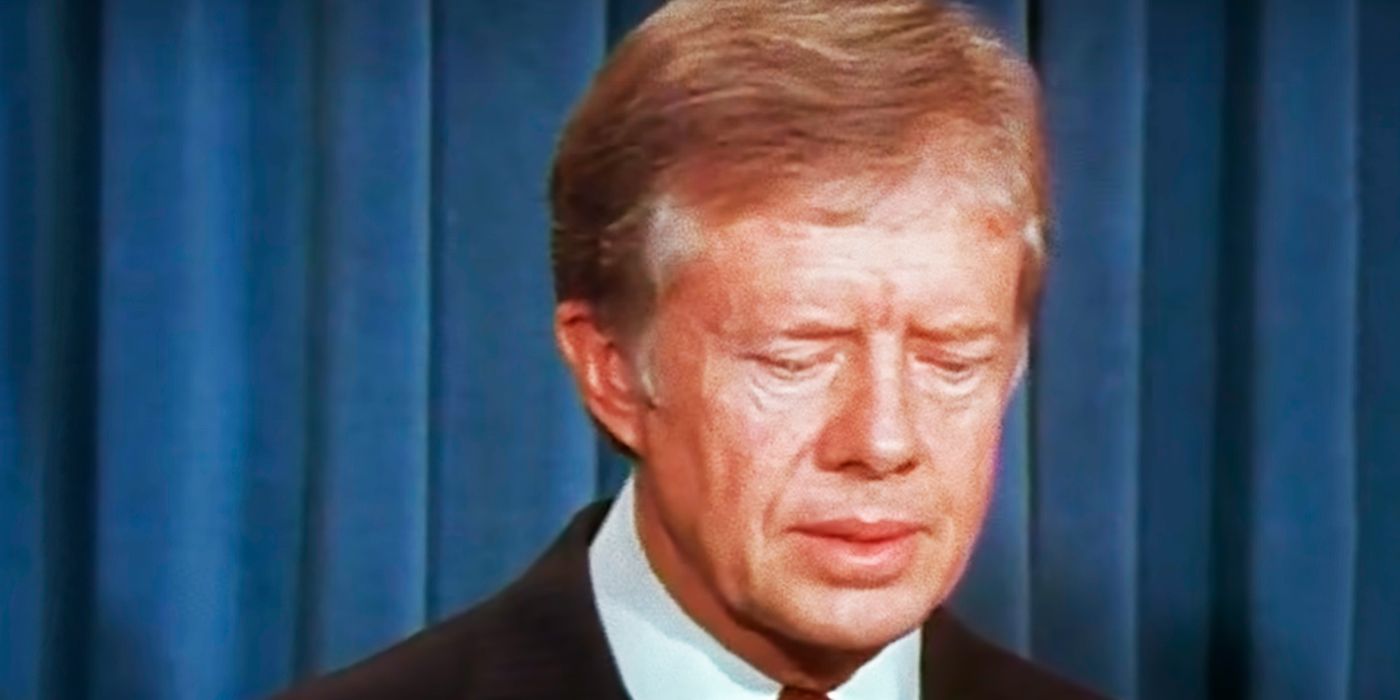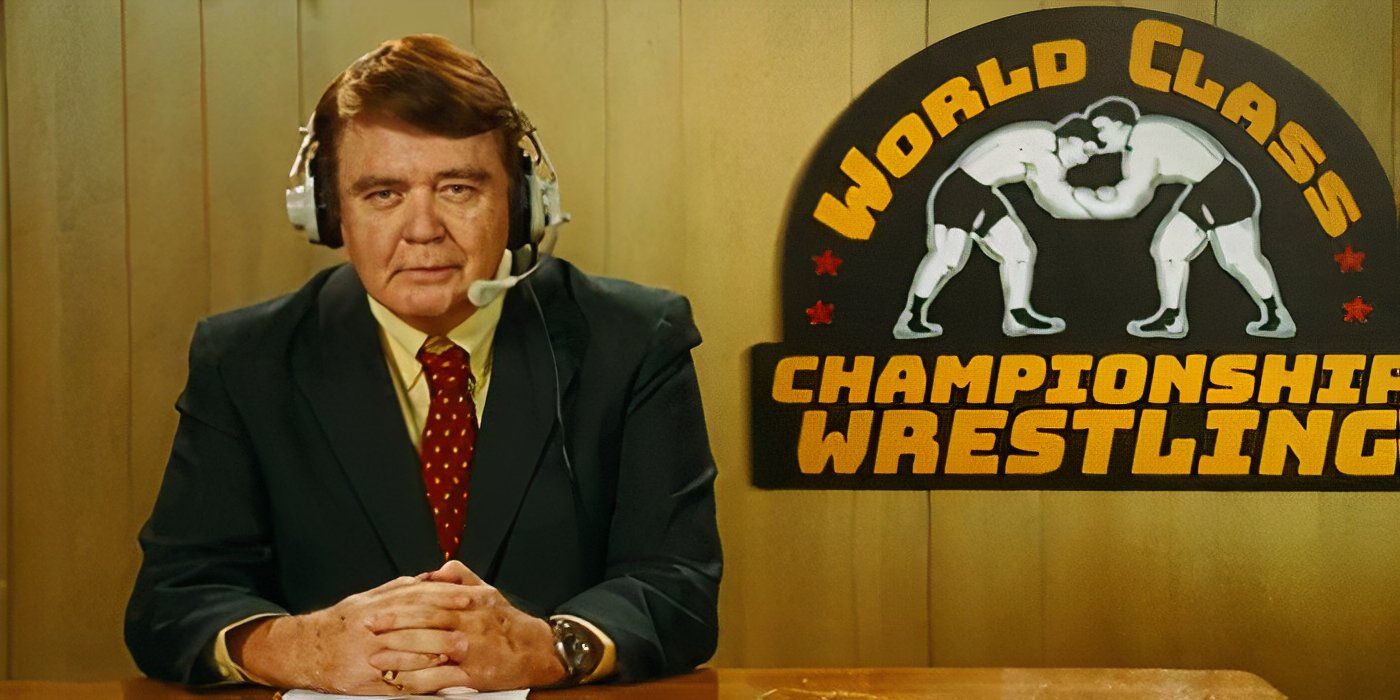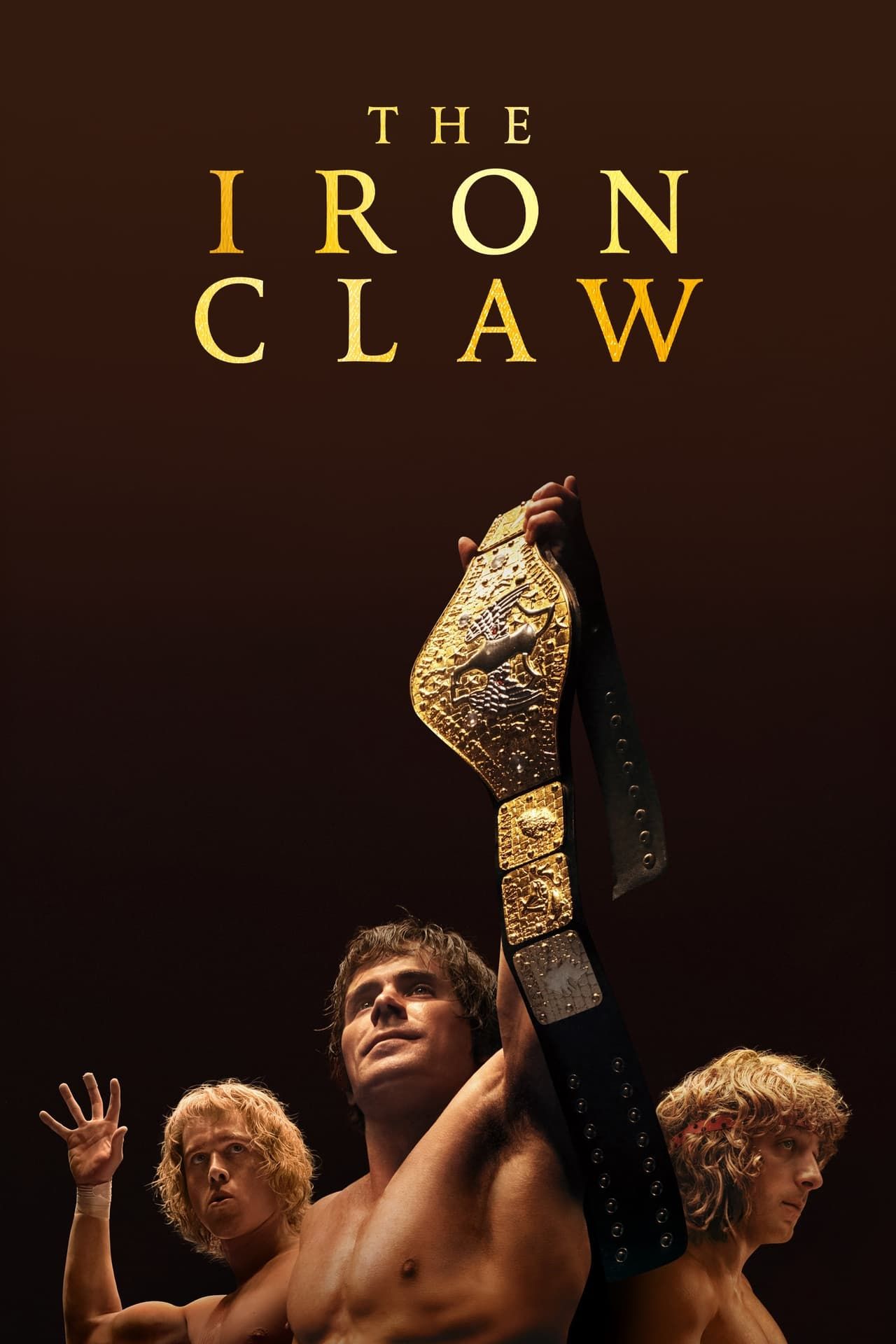WARNING: Spoilers ahead for The Iron Claw.
Summary
- President Carter led the 1980 Olympic boycott, affecting Kerry Von Erich's wrestling career and leading to a tragic outcome in The Iron Claw.
- The film touches on the global impact of the U.S.-led boycott of the 1980 Summer Olympics and how it shaped the Von Erich family's story.
- Despite receiving no Oscar nominations, The Iron Claw is praised as one of the best wrestling films of all time, capturing the rise and fall of the legendary Von Erich brothers.
The United States and several other countries boycotted the 1980 Summer Olympics as depicted in The Iron Claw. While there are some details left out in The Iron Claw regarding the true story of the Von Erich family, the film does a great job overall of capturing the rise and fall of the legendary wrestling brothers. Some viewers and critics have even called writer/director Sean Durkin's The Iron Claw the best wrestling movie ever made despite receiving zero Oscar nominations in 2023, snubbing Zac Efron of his first shot at the Academy Award for Best Actor.
The Iron Claw takes place over the span of roughly 12 years between 1979 and the early 1990s. Actual footage of U.S. President Jimmy Carter was used in The Iron Claw. President Carter was elected as the 39th President of the United States in 1976 and served from January 1977 to January 1981. Carter, a Democrat, is the oldest living former U.S. President alive today at 99 years old. Although he had no way of knowing it at the time, his decision to withdraw the United States from the 1980 Olympics would have an enormous effect on the Von Erich legacy.
The Iron Claw is available to stream on Max.
President Jimmy Carter Decided That The US Would Boycott The 1980 Summer Olympics
The U.S. had never boycotted the Olympic Games before President Carter
The United States was just one of a record-setting 67 nations that chose to opt out of the 1980 Summer Olympics in protest of the Soviet Union's invasion of Afghanistan that began in December 1979.
The United States had never boycotted the Olympic Games before President Carter did just that in 1980 when the host city was Moscow, Russia. The United States was just one of a record-setting 67 nations that chose to opt out of the 1980 Summer Olympics in protest of the Soviet Union's invasion of Afghanistan that began in December 1979. The invasion would spark the Afghan-Soviet War that lasted for nearly ten years before ending in early 1989. Boycotting the 1980 Summer Olympics was only one of the measures that the United States took against the Soviet Union in protest of its invasion of Afghanistan.
The United States effectively led the global boycott of the Olympic Games in Moscow and was also joined by China, Japan, Canada, Argentina, Iran, West Germany, and Saudi Arabia. It remains the only boycott of the Summer Olympic Games in United States history. The USSR responded by boycotting the 1984 Summer Olympics that were held in Los Angeles, California. The only other time that the U.S. boycotted any Olympic Games was in 2022, when the Winter Olympics were held in Beijing, China. The U.S., United Kingdom, Canada, and Australia all boycotted due to concerns about human rights abuse.

Why Kevin Von Erich Wrestles Barefoot In The Iron Claw
Zac Efron's character in The Iron Claw Kevin Von Erich notably wrestles barefoot even though his opponents and teammates step into the ring in boots.
How Many Countries Boycotted The 1980 Summer Olympics
67 nations joined the U.S.-led boycott
Carter upheld his position to boycott the 1980 Summer Olympics unless the Soviet Union withdrew its troops from Afghanistan, which it did not.
Jimmy Carter and the United States led an effort to boycott the 1980 Summer Olympics that included 67 total nations. Most of these countries were in Asia and South America. Although the Olympic hopeful athletes of the United States were not permitted to compete in the games, there was actually widespread support for the boycott from major competitors, most notably Muhammad Ali. Ali traveled to four different countries in Africa to persuade their governments to join the U.S.-led boycott, finding success with Kenya. The Liberty Bell Classic was held in Philadelphia, Pennsylvania in 1980 and became known as the "Olympic Boycott Games."
Carter upheld his position to boycott the 1980 Summer Olympics unless the Soviet Union withdrew its troops from Afghanistan, which it did not. The United Kingdom, France, and Australia supported the boycott but left the decision to compete in the 1980 Summer Olympics up to its individual athletes. Athletes from Spain and Italy were permitted to compete under a neutral flag, becoming two of sixteen nations whose athletes were not officially represented by their flags or anthems at the 1980 Summer Olympics. The USSR did not raise the American flag at the end of the games but did raise the city flag of Los Angeles.

The Iron Claw's Riskiest Scene Proves Why The Movie Is So Great
One emotional scene in The Iron Claw proves to be its riskiest by the film's end but also offers the greatest cathartic punch to the audience.
How The 1980 Summer Olympics Changed Kerry Von Erich's Career
Von Erich developed a drug addiction and crime record
Kerry Von Erich was set to compete as a discus thrower at the 1980 Olympic Games but was robbed of his opportunity due to the boycott. As depicted in The Iron Claw, he got in a motorcycle accident in 1986 and had to get his right foot amputated as a result. Kerry continued to wrestle with a prosthetic foot which he was able to keep a secret for the rest of his life. He reportedly developed an addiction to painkillers following the amputation of his foot and was arrested twice on drug-related charges, which led to the WWF firing him in 1991. The Iron Claw also captures Kerry's tragic death by suicide.
Source: U.S. Department of State







